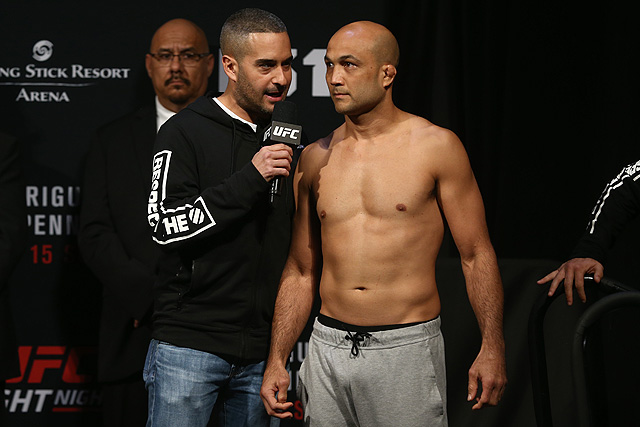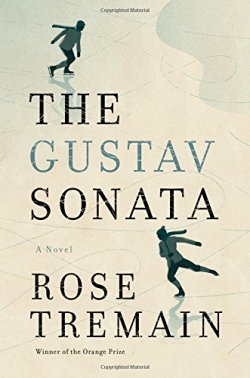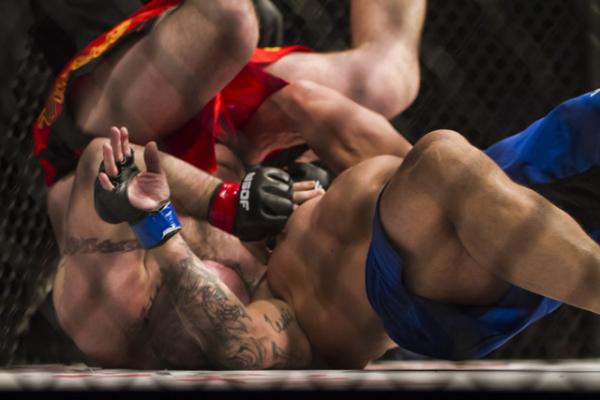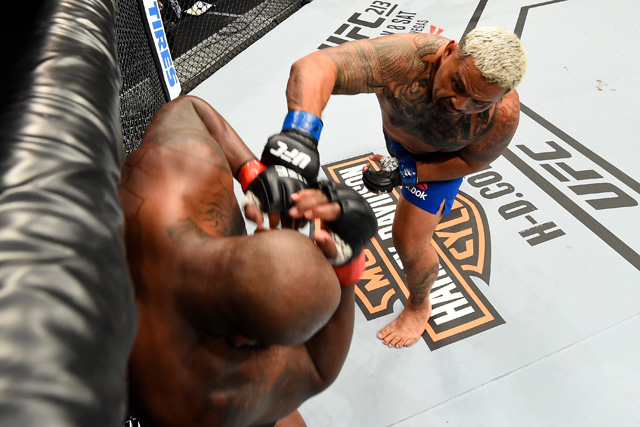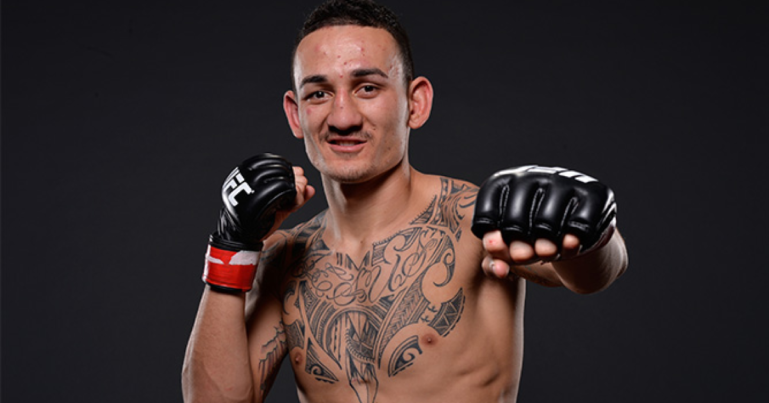“Remember the good ol’ days of MMA, when guys like Fedor Emelianenko, Takanori Gomi, B.J. Penn and Andrei Arlovski were tearing up the scene in their respective promotions? There was nothing like those glory years of the early 2000s, when mixed martial arts was permeated with excitement from the original guard of the sport passing the torch to the next generation. Those four were among the trailblazers that pushed the heavyweight and lightweight divisions in Pride Fighting Championships and the Ultimate Fighting Championship to the next level of the fight game.
Fast forward a decade or so, and all four of them are continuing to compete, much to the chagrin of fans who were there in those early years. Penn and Emelianenko suffered demoralizing losses at Bellator 180 and UFC Fight Night 112, and the week before that, Arlovski and Gomi put some additional losses on their losing streaks at UFC Fight Night 111. To see these legends fade so drastically this late in their careers is tough to bear. When you’re pushing 40 in the fight game, Father Time starts to push back mercilessly…”

